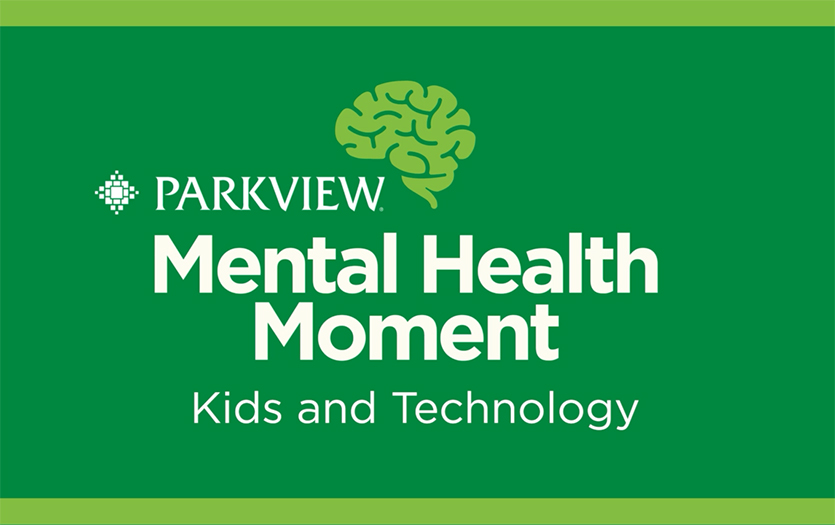
Chilly temperatures and a lack of sun can make anyone feel the winter blues, but the elderly are particularly susceptible. Shauna Shafer, MAE, HFA, Parkview Senior Services, explains that the coldest months of the year can often lead to seasonal affective disorder (SAD) among this population, but with a handful of preventative measures and the right social environment, we can get to the lovely days of spring without the loneliness.
Engaging with other members of the community is essential for beating the seasonal blues. Enter the Parkview Seniors Club. “The mission of the Parkview Seniors Club is to provide wellness, education and social interaction vital to maintaining an active lifestyle through healthy aging,” Shauna said. “Our purpose is to enrich the lives of seniors through Allen, Huntington, Noble and Whitley Counties.
We provide exercise classes, which include senior stretch, yoga, balance and dance. Our educational offerings are tailored to the needs of adults 50 years and better. Healthcare professionals, as well as other entities which support seniors, discuss the latest information. And our yearly holiday party and monthly birthday parties offer an opportunity for senior friends to meet and for new friendships to grow.”
If you or your parent is unable to join the Seniors Club, don’t worry. There are plenty of preventative measures available to everyone.
Shauna’s 4 tips for beating SAD
1. Be “carb-savvy”
Carbohydrates, like starches and sugars, increase the production of serotonin, that feel-good brain chemical. Go for complex, fiber-rich carbohydrates such as whole grains, starchy beans, veggies and fruits – they do your body and brain good. Make sure your evening meal is rich in fiber-filled carbohydrates because late in the day is when symptoms of SAD are strongest. Stay away from refined carbohydrates and sweets like white bread, white rice, cookies and soda, which can wreak havoc on your emotions. These create dramatic swings in your blood sugar, which can make you feel fatigued, headachy and irritable.
2. Dive into vitamin D
Some studies show that an increase in vitamin D intake reduces SAD symptoms. You need 600 IUs if you are 51-70 years of age, and 800 IUs if you are 70 or older. Many Americans are deficient in this ultra-important vitamin. A diet rich in fatty fish such as salmon, eggs and fortified foods, as well as the appropriate vitamin D supplements, can be very beneficial. If you don’t know you vitamin D level, you can request a simple blood test from your physician.
3. Fill up on omega 3 fatty acids
Research shows that those who consume more omega 3 fatty acids are less likely to suffer from depression. It is known that foods rich in omega 3s can help maintain healthy serotonin and dopamine levels. Try to eat more oily fish like wild salmon, mackerel and sardines. Plant sources such as flax, canola and walnuts are also good.
4. Shake it off
Exercise, as little as 20 minutes a day, will improve your mood and help reduce stress for up to 12 hours. Aim for heart-pumping aerobic activity, like brisk walking, every single day.
Remember sunny days are just around the corner and your health is a top priority all year long. If you would like to learn more about the Parkview Seniors Club, please contact Shauna at (260) 373-7209.




